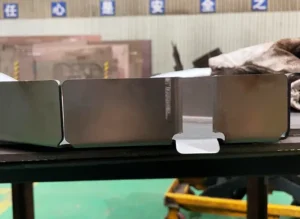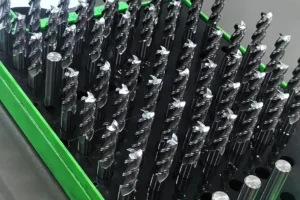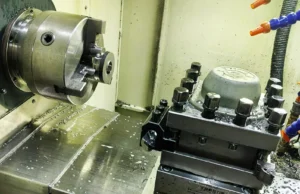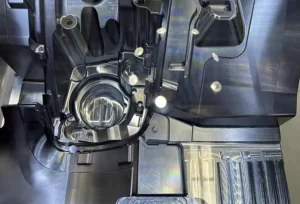
Are polymer wheels durable enough for CNC use?
Are Polymer Wheels Durable Enough for CNC Use?
In the world of manufacturing, precision and durability are paramount. When it comes to CNC (Computer Numerical Control) machines, every component must be carefully chosen to ensure optimal performance and longevity.
One such component that often garners debate is the choice of wheels – specifically, whether polymer wheels are durable enough for CNC use.
The Characteristics of Polymer Wheels
Polymer wheels, often made of materials such as polyurethane or nylon, offer several advantages that make them appealing for a variety of applications. These advantages include:
- Lightweight: Polymer wheels are significantly lighter than metal counterparts, reducing the overall weight of the CNC machine and potentially increasing its speed and efficiency.
- Low Maintenance: Polymer wheels require minimal maintenance compared to metal wheels, as they are less prone to rust and corrosion.
- Shock Absorption: Polymer wheels have excellent shock absorption capabilities, which can help minimize vibrations and ensure smoother operation of the CNC machine.
- Cost-Effective: Polymer wheels are often more affordable than metal wheels, making them a cost-effective choice for manufacturers on a budget.
The Suitability of Polymer Wheels for CNC Applications
When considering whether polymer wheels are suitable for CNC use, several factors must be taken into account:
- Load Bearing Capacity: One of the primary concerns with polymer wheels is their load-bearing capacity. CNC machines can exert significant forces on wheels, especially during rapid movements and heavy-duty cutting. Engineers must carefully assess whether polymer wheels can withstand the required loads without deforming or failing.
- Chemical Resistance: CNC machines often operate in environments where exposure to oils, solvents, and other chemicals is common. Polymer wheels must exhibit high chemical resistance to ensure longevity and reliability in such environments.
- Temperature Tolerance: CNC machines generate heat during operation, and this heat can impact the performance of wheels. Polymer wheels should have a high temperature tolerance to prevent melting or deformation under elevated temperatures.
- Precision and Stability: CNC machines require precise movement and stability to achieve accurate cuts and designs. Engineers must evaluate whether polymer wheels can provide the necessary precision and stability without compromising the machine’s performance.
Comparing Polymer Wheels with Metal Wheels
When it comes to choosing between polymer wheels and metal wheels for CNC applications, engineers must weigh the pros and cons of each option. Here is a comparative analysis of polymer wheels versus metal wheels:
| Criteria | Polymer Wheels | Metal Wheels |
|---|---|---|
| Load Bearing Capacity | Lower | Higher |
| Chemical Resistance | High | Low |
| Temperature Tolerance | Moderate | High |
| Cost | Affordable | Expensive |
| Shock Absorption | Excellent | Low |
Conclusion
Ultimately, the decision to use polymer wheels for CNC applications depends on a variety of factors, including load requirements, environmental conditions, and budget constraints.
While polymer wheels offer several benefits such as lightweight construction, low maintenance, and shock absorption, they may not be suitable for all CNC machines due to their lower load-bearing capacity and temperature tolerance.
Engineers must carefully evaluate their specific needs and conduct thorough testing to determine whether polymer wheels are durable enough for CNC use in their manufacturing operations.



